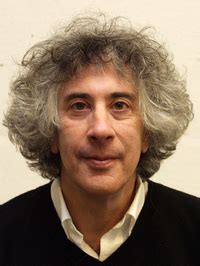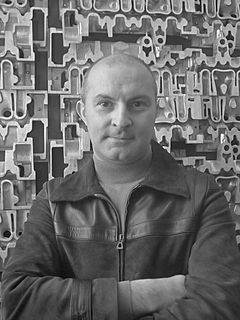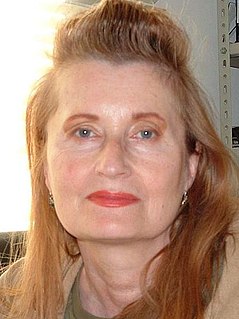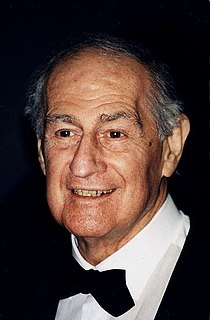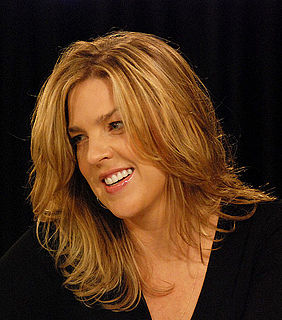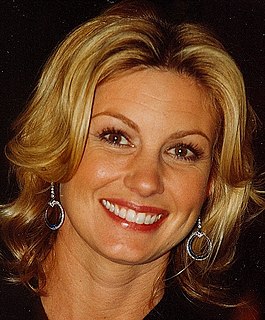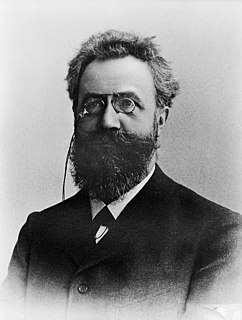A Quote by Michael Lesy
By itself, an ordinary snapshot is no less banal than the petite madeleine in Proust's In Search of Lost Time... but as goad to memory, it is often the first integer in a sequence of recollections that has the power to deny time for the sake of love.
Related Quotes
Time doesn't exist. It doesn't exist in any way. It's more subjective than real. Time doesn't exist. I believe in memory. Memory is the real inspiration. Memory creates time. Memory is pure power. Pure power and pure strength, and pure utilization of space and time (if time is something we can really ever label). But I don't believe in time itself.
How about Proust's In Search of Lost Time?" Tamaru asked. "If you've never read it this would be a good opportunity to read the whole thing." "Have you read it?" "No, I haven't been in jail, or had to hide out for a long time. Someone once said unless you have those kinds of opportunities, you can't read the whole of Proust.
One measures oncoming old age by its deepening of Proust, and its deepening by Proust. How to read a novel? Lovingly, if it shows itself capable of accomodating one's love; and jealously, because it can become the image of one's limitations in time and space, and yet can give the Proustian blessing of more life.
Real grief is not healed by time... if time does anything, it deepens our grief. The longer we live, the more fully we become aware of who she was for us, and the more intimately we experience what her love meant for us. Real, deep love is, as you know, very unobtrusive, seemingly easy and obvious, and so present that we take it for granted. Therefore, it is only in retrospect - or better, in memory - that we fully realize its power and depth. Yes, indeed, love often makes itself visible in pain.
Only he who loves and is loved for his own sake can be happy, and what produces that happiness is not so much the sense of sexual communion as of two people being together ... the sexual act viewed as a whole probably affords less happiness than a totally ordinary kiss or often indeed one simple word from the one you love.
You must ask for God's help. Even when you have done so, it may seem to you for a long time that no help, or less help than you need, is being given. Never mind. After each failure, ask forgiveness, pick yourself up, and try again. Very often what God first helps us towards is not the virtue itself but just this power of always trying again.
Civilization - and by this I do not mean talking cinemas and tinned food, nor even surgery and hygienic houses, but the whole moral and artistic organization of Europe - has not in itself the power of survival. It came into being through Christianity, and without it has no significance or power to command allegiance ... It is no longer possible, as it was in the time of Gibbon, to accept the benefits of civilization and at the same time deny the supernatural basis on which it rests ... Christianity ... is in greater need of combative strength than it has been for centuries.
The cosmos exploded, actualizing its potentiality of space and time. The centers of power, like fragments of a bursting bomb, were hurled apart. But each one retained in itself, as a memory and a longing, the single point of the whole; and each mirrored in itself aspects of all the others throughout all the cosmical space and time.
In the last volume of In Search of Lost Time, Proust compares himself to Scheherazade: he says he has finally understood the nature of the book he has to write, just at the moment when his advancing years and declining health have made him doubt that he's going to live long enough to write it. So he has to write against death like Scheherazade.
